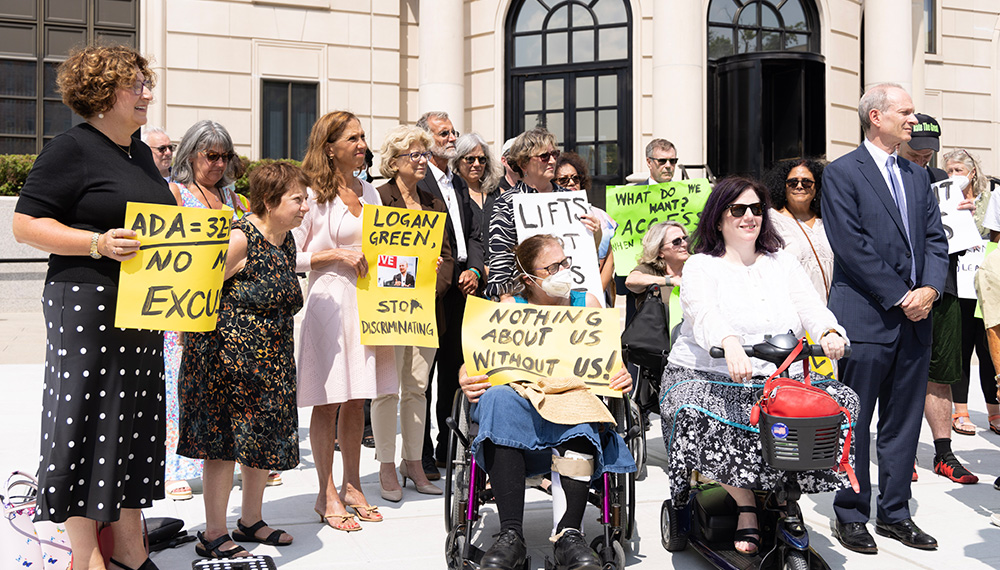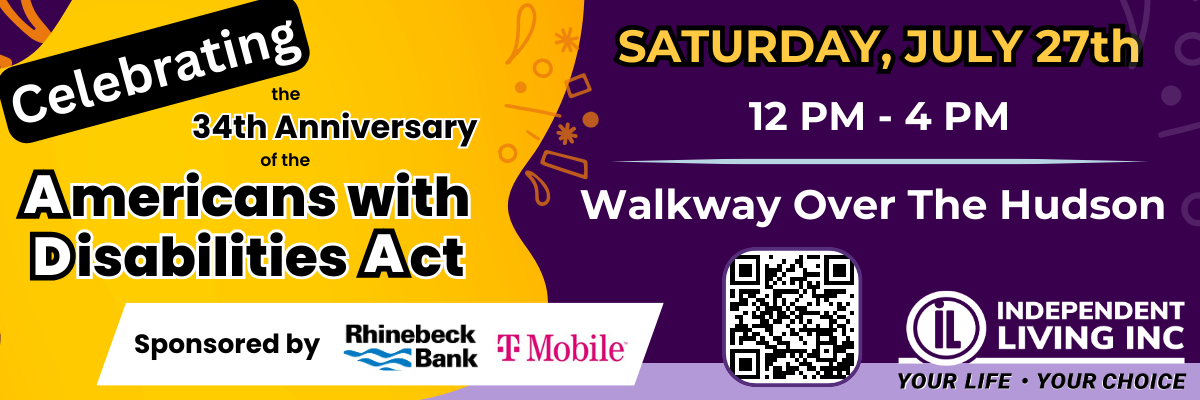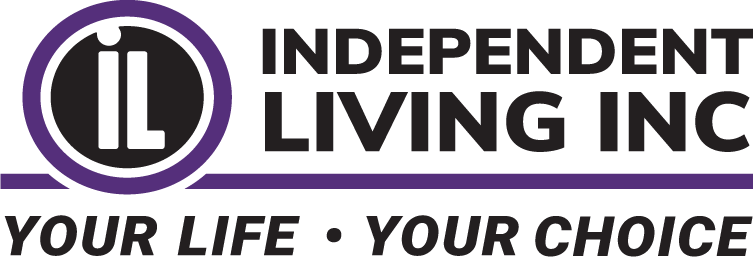Accessibility’s Future Champions
We celebrate the anniversary of the Americans with Disabilities Act by reflecting on the massive progress made in the past 30 years. There is a lot more progress to be made towards a fully accessible future, but we remain committed to paving that path together!
One great example of paving the way for an accessible future is Zuabari “ZuZu” Sampson, a 9-year-old with visual impairment. On National Read Across America Day, he read his recently published book, Braille Boy, to his classmates. His struggle to find a superhero book for his reading level presented a new opportunity: the chance to create his own book. Sampson’s book not only helped him explain braille to his classmates but also helped fill a void for other children with visual impairments looking for a great book to read.
The Americans with Disabilities Act, like ZuZu Sampson, helps make people aware that everyone has the exact wants and needs. Sometimes, we have different ways of getting to our wants and needs. We all want to go to our favorite restaurant. We all need a shower in our homes. We all want a great book to read. We all need understanding. The ADA helps us grow, understand, and create an accessible future. The more barriers we break, the more experiences we can share together!

Litigation Can Be a Foundation
On July 8th, 2024, a trial began against Lyft, Inc., a rideshare and transportation company that serves able-bodied people everywhere. The issue arose when that’s where the company’s commitment to reliable transportation stops, at the able-bodied. Only providing wheelchair-accessible vehicles (WAVs) when required in a mere 9 regions, blocking out the rest it isn’t required to do so, which encompasses 96% of the regions Lyft does operate in.
This battle began back in 2017 when the plaintiffs Harriet Lowell and Westchester Disabled On The Move, Inc. filed a federal lawsuit with 6 claims demanding Lyft serve WAV users everywhere. After multiple suggestions that the parties discuss settlement from 2017 to 2021, Lyft maintained their refusal to settle. In 2018, in a motion to dismiss, the Court called Lyft’s arguments that it cannot be sued under the American with Disabilities Act “supremely unjust”. Now in 2024, the case is class action certified, and 3 claims survived Lyft’s motion to dismiss; out of those, both ADA claims will be going to trial in the Southern District Court of NY.
The trial is estimated to be 5 days but may last up to 2 weeks. Both representatives of the plaintiffs, Jeremiah Frei-Pearson of Finkelstein, Blankinship, Frei-Pearson & Garber, LLP and Michael Ram of Morgan & Morgan, invited any advocates and supporters across the nation to attend this important civil rights case.
Source: https://4classaction.com/lyft-inc-discrimination-lawsuit/



